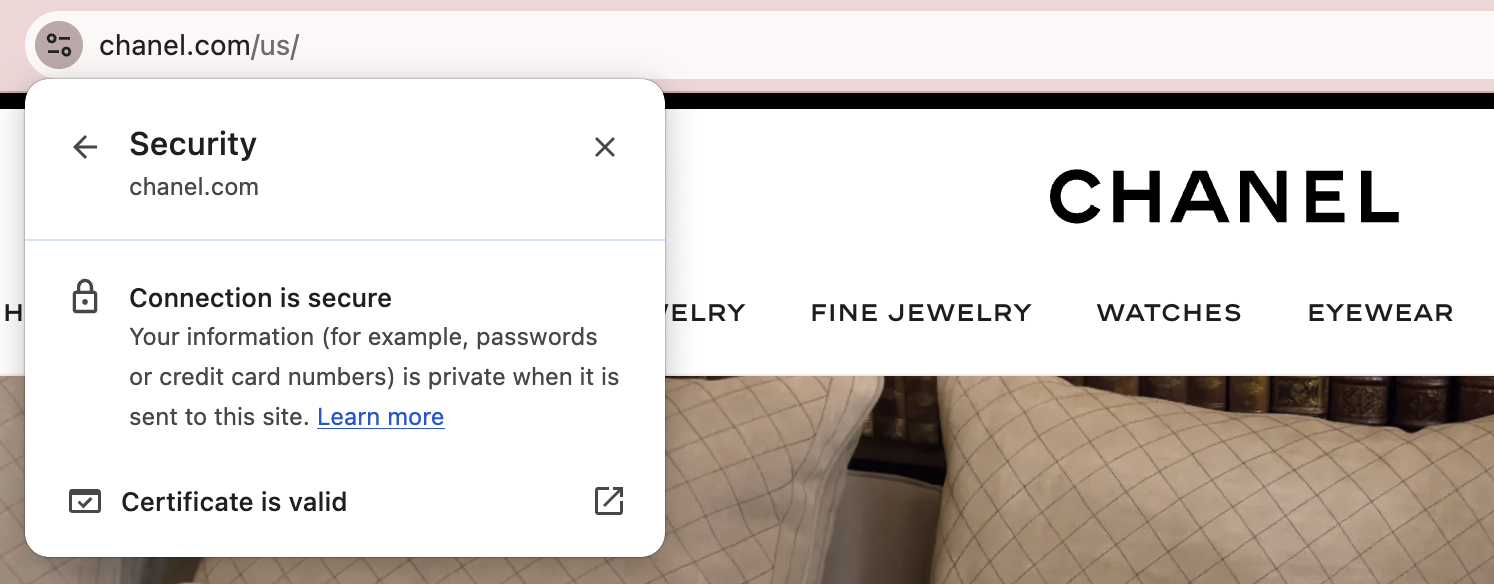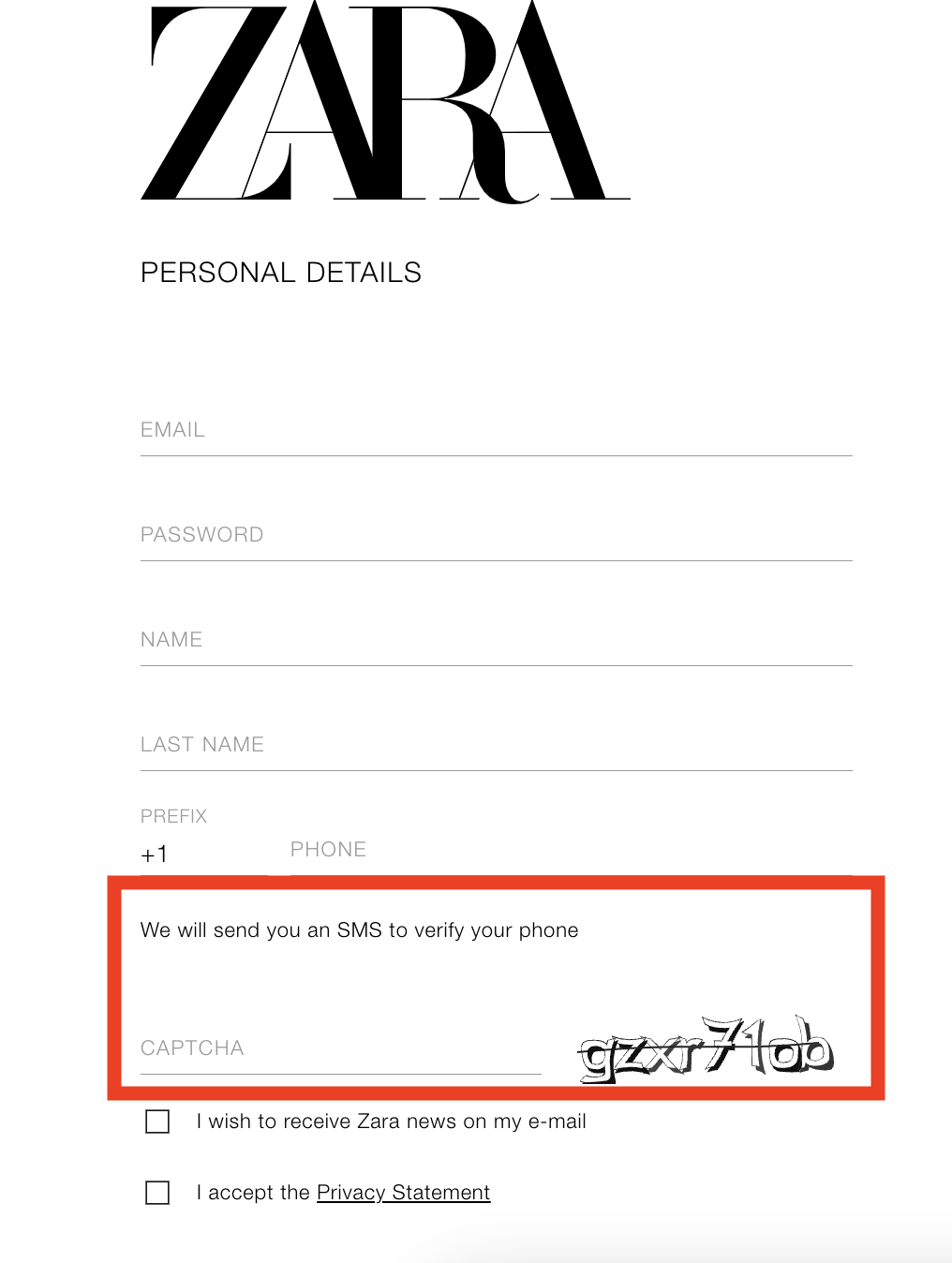
Marketing
Why are reviews important for your retail store?
Reviews guide customers as they make choices, foster trust, and can even give sales a significant lift. If your clothing...
How to Improve your eCommerce Clothing Store’s Security?
Business Kick-Starter Guides

eCommerce security is the ultimate superhero we all need!
As more customers dive into online shopping, safeguarding their sensitive info has become more crucial than ever.
Every time someone clicks ‘’buy’’ they share their name, address, and credit card number, basically they share their digital diary! If this information gets into the wrong hands, it can cause big problems like identity theft and fraud.
This can hurt your business and make your reputation go downhill quickly. So how do you make sure your customers trust you? It’s all about having good security measures for your eCommerce website in place.
After all in the world of online clothing stores, being trustworthy is more important than anything else.
Check out: Physical clothing store security measures
eCommerce security protects online stores and their customers from cyber threats, data breaches, and fraud, ensuring safe transactions and data integrity.
This means making sure that transactions are secure and that customer information is protected. By investing in eCommerce security, you’re making sure that only the right people can see important information.
When you run an online clothing store, it’s important to be aware of common dangers that can harm your security.
One big threat is phishing where scammers pretend to be real businesses to get customers’ personal information. They might use emails or fake websites to do this, so it’s important to teach your customers how to recognize these scams.
Another big danger is data breaches. This occurs when hackers get into your system without permission and take customer information. According to IBM, a data breach can cost an average of around $4.88 million on average. This is a major problem for any business!
Then, there’s malware. Malware can infect your website and hurt your security. For example, if you have a Wix-based store, it might come from a bad Wix plugin you downloaded. This can make your website vulnerable to attacks.
Another threat is DDoS attacks, where your website gets overwhelmed with traffic and crashes. This can disrupt your business and harm your reputation.
Now that you’re aware of the potential threats, let’s dive into some practical steps to secure your eCommerce store and protect your customers.
To enhance your website’s security, the first step you should take is to get an SSL certificate.
An SSL (Secure Sockets Layer) certificate is essential because it encrypts the data exchanged between your website and your visitors, adding a vital layer of protection for sensitive information like personal details and payment data.
With an SSL certificate, your website displays a small padlock icon in the address bar, signaling to customers that your site is secure and trustworthy. This small visual cue can have a big impact—customers feel more confident sharing their information and completing purchases when they know their data is protected.
An SSL certificate not only helps secure your site but also builds trust with your audience, making it a foundational step in creating a safe and reputable online shopping experience.
Here’s an example of the SSL certificate used by Chanel to protect customer data on their website.

The other big step is to set up safe payment gateways, which are necessary for your and your customers’ protection. This makes sure payments are handled securely, with less chance of fraud and less exposure to delicate financial data.
When choosing a payment processor, prioritize those that offer advanced security features, like fraud detection tools and chargeback protection.
These features not only protect your business from potential losses but also reassure your customers, demonstrating your commitment to keeping their financial data safe.

Another way to improve security is by using strong authentication methods.
Two-factor authentication (2FA) is a good option to consider. With 2FA users have to confirm their identity with a second method like a text message or an authentication app. It’s like having a special pass for your store–even if someone knows their password, they can’t get in without that second code.
Besides using 2FA, it’s important to make sure people use strong passwords. Tell your customers and team to make passwords that have a mix of letters, numbers, and special characters. You can suggest to your customers to use password manager tools, which can help them generate and securely store passwords, making it easier to comply with your security guidelines.
Last but not least, do not underestimate the power of regular reminders. Include tips about strong passwords and the benefits of 2FA in your newsletters or during the checkout process. The more informed your customers, the safer they’ll feel when shopping from your clothing store.

Using an activity log is a smart way to make your eCommerce website more secure. This log keeps track of everything that happens on your website, like when users log in, change settings, or make transactions.
By keeping an eye on these activities, you can easily see if something strange is going on or if someone is trying to get in without permission. For example, if you notice many failed login attempts from the same IP address, it might mean there’s a security problem.
Checking this log regularly helps you stay up to date on what’s happening on your website, so you can act fast if there are potential threats.
Add CAPTCHA checks to your login and checkout pages to greatly increase security and stop bots.
A CAPTCHA asks users to perform a simple action, such as identifying certain images or typing characters, to demonstrate their humanity.
For an online clothing retailer, this additional security is particularly necessary on pages that process some of the most sensitive information, such as logins and purchase orders, to prevent unauthorized access and fraudulent orders.

If you use IP whitelisting, only the IP addresses you allow can get into the administrative section of the website, which makes it much more difficult for unauthorized individuals to log in.
This is especially helpful if you and your team operate out of stable locations since it limits access to familiar, trusted IPs.
With IP whitelisting, you introduce an additional, more focused security measure that is very effective at preventing bad guys from trying to access your store’s administrative interface.
Routine security checks for your site work much like regular doctor visits, helping you catch any potential issues early and keep everything running smoothly.
Your website needs these checks to stay safe from threats that could steal customer information.
First, you need to look at your software and plugins. These help your site work better, but if they’re old, they can make it easier for hackers to break in. It’s important to keep everything up to date. If you find any old software, update it right away to make sure your site is secure.
After that, you should review all of your security measures. Look at things like your SSL certificate, how you process payments, and how well your data is encrypted. A thorough security check lets you look at these things closely and makes sure you’re ready to defend against any attacks.
Once you finish checking everything, you’ll know more about how safe your online clothing store is. If you find any weak spots, fix them right away.
In summary, it is very important to make sure your eCommerce website is secure.
To do this, you should put strong security measures in place, regularly check for any issues, and monitor security threats. By taking these steps now, you can create a safe shopping experience for everyone.
Investing in security today will help build trust tomorrow.
What is dropshipping?